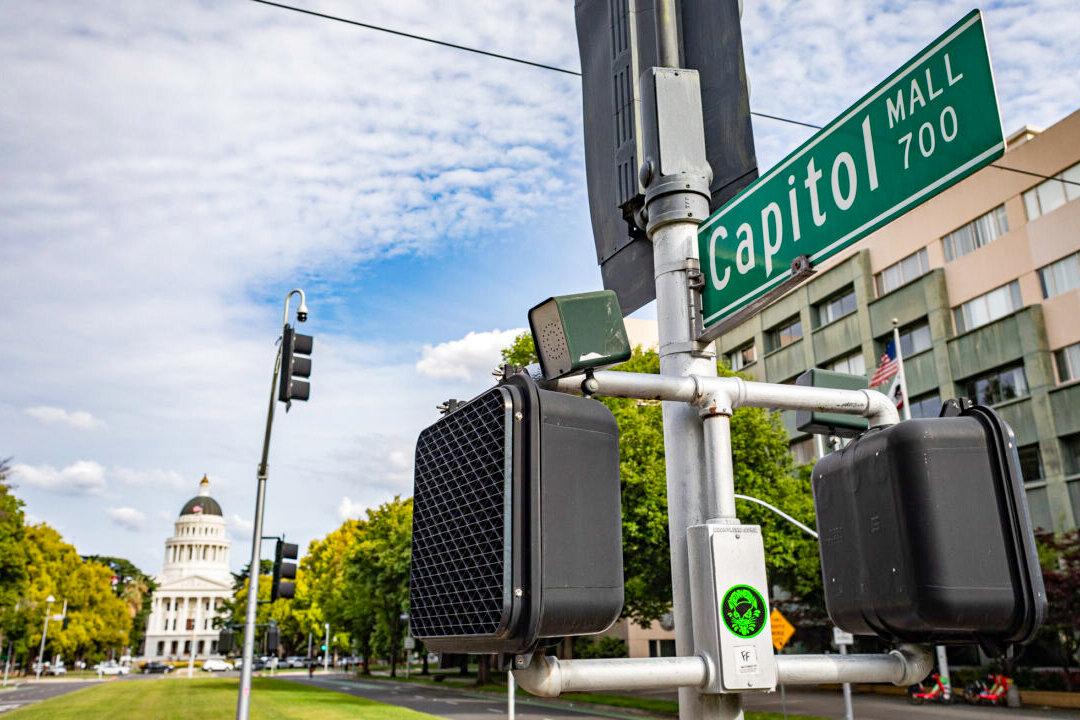Several California lawmakers have introduced a series of bills intended to combat the state’s fentanyl crisis, but some critics question whether the proposed laws would actually do anything substantial.
The legislation was introduced in the wake of two drug busts last month in which the Orange County Sheriff’s Department and Costa Mesa police seized 45,000 rainbow-colored fentanyl pills and new deadly drugs such as “tranq”—fentanyl mixed with the animal tranquilizer Xylazine—and Isotonitazene, or “ISO,” another deadly synthetic opioid, that are hitting the streets across the nation.





